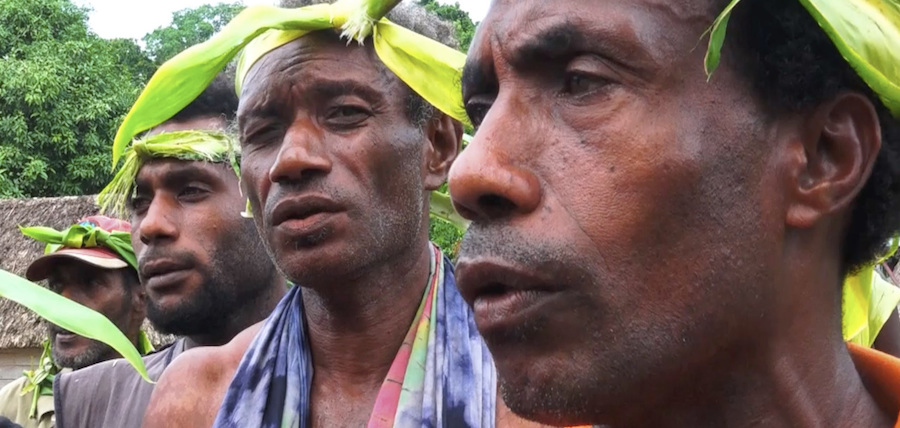
Source: Scott Waide, My Land My Country
A group of customary landowners in Papua New Guinea have regained access to their land following a significant legal victory against supporters of a logging company.
Seven people from Pomio in East New Britain were barred from entering their land for the last six years after restraining ordered were issued to them in 2012.
The landowners include Paul Pavol Palusualrea and Nobert Pames who have been vocal against land grabbing and widespread deforestation in the remote district.
The National Court in Kokopo set aside the restraining orders after finding that there was a lack of evidence.
The landowners were represented by lawyers from the Center for Environmental Law and Community Rights (CELCOR).
“We are happy to have won the case for our clients who are from the forested communities of West Pomio, whose resources have been exploited through SABL. They are now able to move freely on the land that is rightly theirs and continue the SABL campaigns of ridding the logging giants,” said lawyer Everlyn Wohuinangu.
The Pomio District is the site of a controversial Special Agriculture Business Lease (SABL) where large tracts of rainforest have been logged and replaced by oil palm plantations.
The dispute over the logging and land grabbing triggered the six year long legal battle between the landowners and local companies sponsored by the Malaysian logging company.
The court victory is also important for customary landowners in other parts of the country who are battling multi-national loggers.
“The restraining orders were nothing more than intimidation of local people,” said CELCOR Director, Peter Bosip. “It stopped them from accessing land to grow food and to hunt.
“There has also been instances of police intimidation and intimidation by other parties.
“Other landowners should see this and stand firm in pursuing recognition of their rights. This was, simply, a suppression of their constitutional rights.”
- ACTNOW's blog
- Log in to post comments
